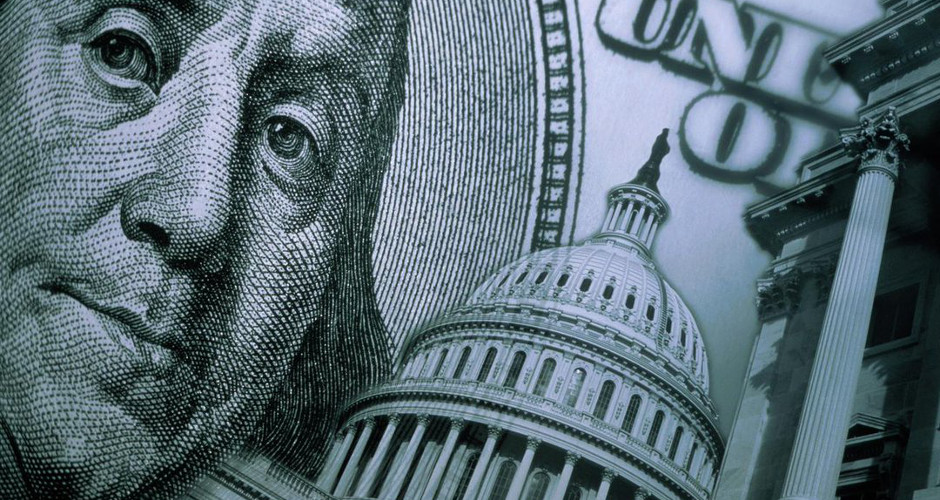There is a lingering sentiment throughout the country that the American people are not being represented by their government. Most who identify with this feeling are able to recognize that the system is broken in some way but may not be able to pinpoint exactly how or why it is failing them.
Dan Johnson, executive director of the Tax Revolution Institute, recently appeared on the Sam Adams Returns radio program and relayed his own experiences traveling the country and working with activists on various issues. Johnson says this attitude toward our government is indeed rampant across the United States — and with good reason.
“The voting system is so easily rigged by special interests … in every single, city, county, and state … that the idea that we have some sort of representative government like the Constitution prescribed really doesn’t exist on a lot of levels throughout this country.”
Once people become educated about liberty and want some kind of change, he says, they then have to face this mammoth system that is designed to work against them. “That is part of why I decided to take on the Tax Revolution,” Johnson explained to radio host Tom Niewulis. “Taxes are the heart of all of that.” After all, “tyranny can’t get funded if they don’t have the money for it.”
Johnson uses the example of police or military detaining someone without a trial as authorized by the National Defense Authorization Act (NDAA). How would they do this without the compulsory tax money — taken from the very individuals potentially being detained — that fund these agencies and departments?
The fact is money keeps people accountable. Non-state entities, be they corporations or nonprofits, have to earn our money. But the government does not. “This is a change that needs to happen,” Johnson argues.
The country is currently “in chaos,” he says, both economically and constitutionally. “People are hurting and they are looking for a solution. And this is the perfect time to forge one and get people to rally behind it.”
The tax revolution offers a solution unlike any other precisely because it addresses the core of the problems with our system. The only way to truly counter “money in politics” — the special interests and “good ol’ boys network” — is to give people control over where their tax dollars go.
By allowing taxpayers to divert part of their tax liability to non-state entities that provide certain social services more effectively or efficiently than the government, we allow individuals to regain ownership of the process and reintroduce civic engagement.
Johnson explains that a significant problem in our country currently is that people rightly feel that they don’t have “enough of a voice in the system” to actually create change. The tax revolution changes this.
Imagine a family dinner after Tax Day, April 15, he says. Instead of just complaining about having to write a check to Uncle Sam, the conversation takes a different turn. What if the son suddenly asked his father, “Hey Dad, where did you send your tax dollars on Tax Day? Who did you fund? Why did you fund them? Why did you think that was important?”
“Imagine the civic engagement that pops up just around the dinner table because people now have direct representation and a say as to where their tax dollars go, either to specific agencies within the government or to other entities outside of it.”
Now imagine the conversations going on beyond just the dinner table all around the country.
Indeed, the founders correctly recognized that “eternal vigilance is the price of liberty.” But, as Johnson points out, “eternal vigilance” becomes much easier when the people have a financial incentive to remain involved and can choose where their tax dollars do the most good.


